Search
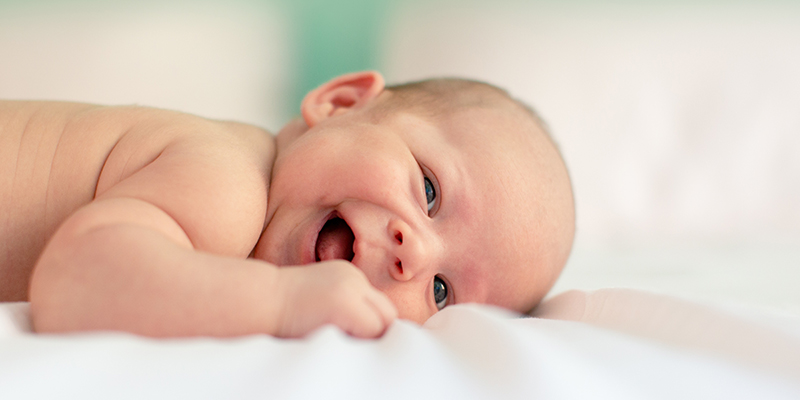
News & Events
Pioneering technique opens new window on first week of lifeAn international team of researchers has pioneered a technique which gives unprecedented insight into the dramatic changes occurring in a baby’s body in the first week of life.
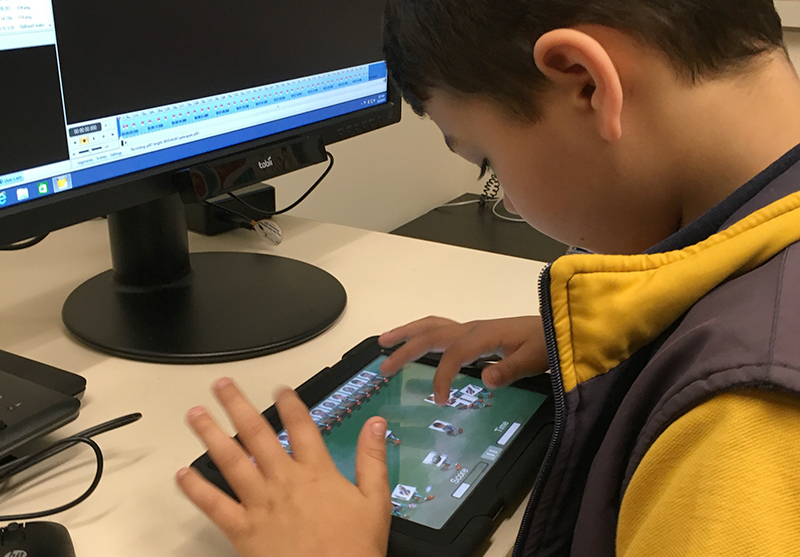
News & Events
Frankie and Friends appResearchers at The Kids Research Institute Australia and University of Western Australia have recently published data describing the use of an attention training game designed for school-aged children diagnosed with autism spectrum disorder (ASD).
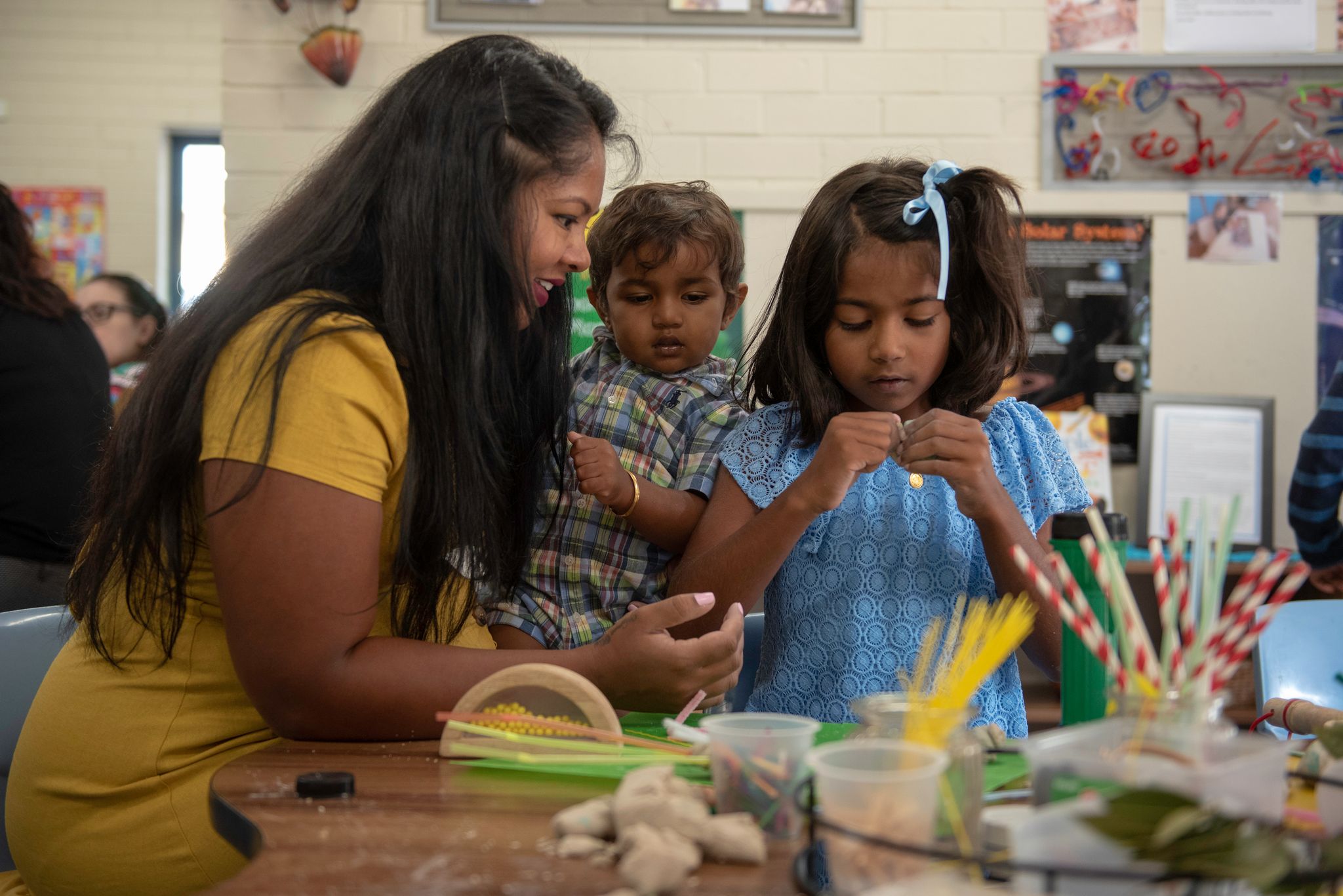
News & Events
Changing the Conversation on Early Childhood: New Report ReleasedMum and children playing
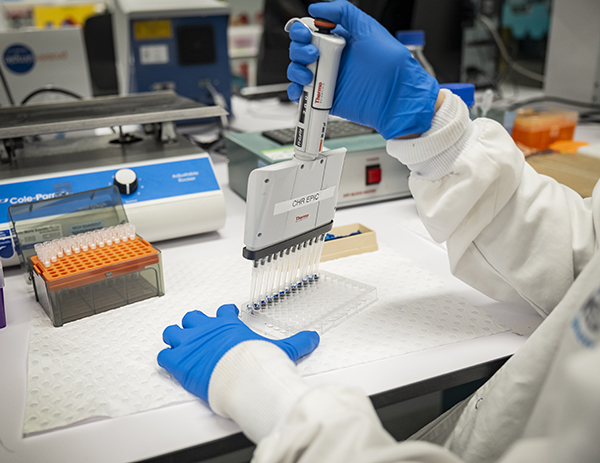
News & Events
New fund transformative for health and medical research in WAThe new Future Health and Research Innovation Fund will be transformative for health and medical research in Western Australia.
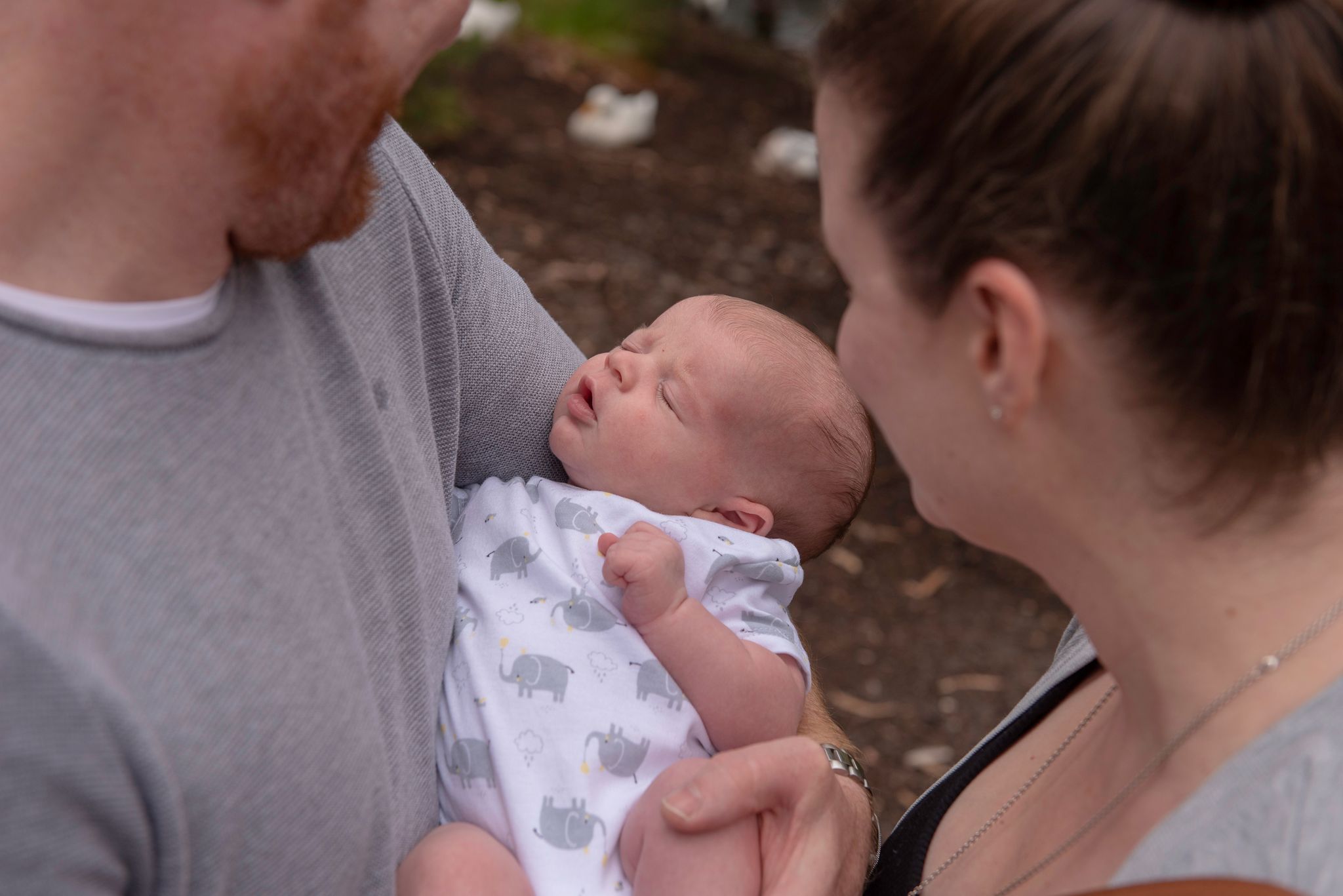
News & Events
Core Story Communication Guide ReleasedIt is easy to get lost in translation when talking about early childhood.
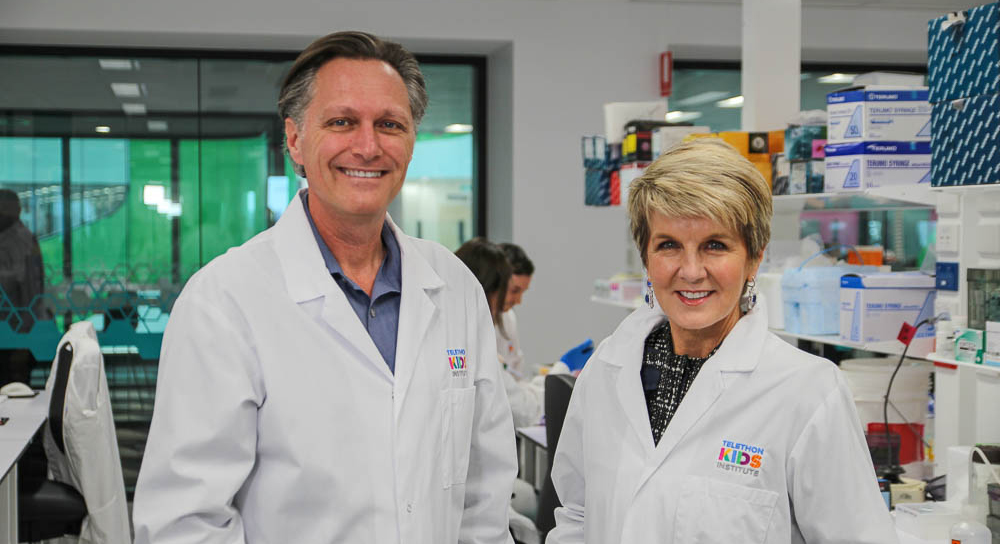
News & Events
The Hon Julie Bishop to chair The Kids Research Institute AustraliaFormer Australian Foreign Affairs Minister The Hon Julie Bishop will be the next Chair of Perth’s The Kids Research Institute Australia.

News & Events
Landmark study reveals mental health toll for Aboriginal mothersA landmark study has revealed an increase in the prevalence of mental health related issues among mothers of Aboriginal children in Western Australia.
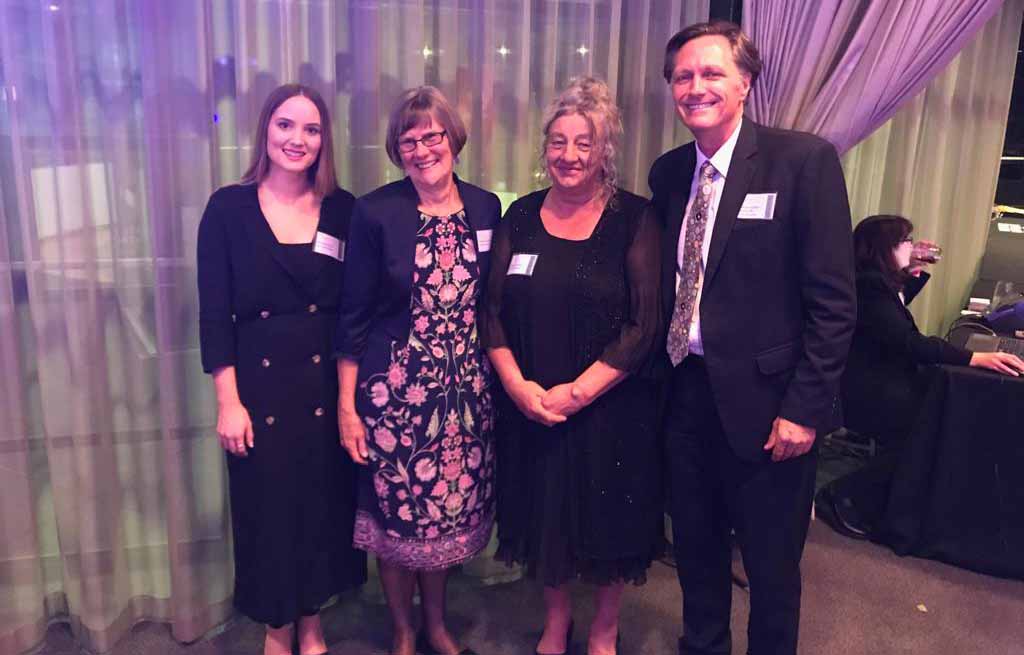
News & Events
The Kids researchers honoured at Premier’s Science AwardsA The Kids Research Institute Australia researcher devoted to Aboriginal health and justice has been named the inaugural Shell Aboriginal STEM Student of the Year at the 2019 Premier’s Science Awards.

News & Events
WACRF grants to boost research in leukaemia, strep A and childhood developmentThe Kids researchers will use almost $730,000 in WA Child Research Fund grants to step up the fight against leukaemia and Strep A, as well as helping children with neurodevelopment issues.
Auditorium, Level 5, The Kids Research Institute Australia, Perth Children’s Hospital Enter The Kids Research Institute Australia through the
